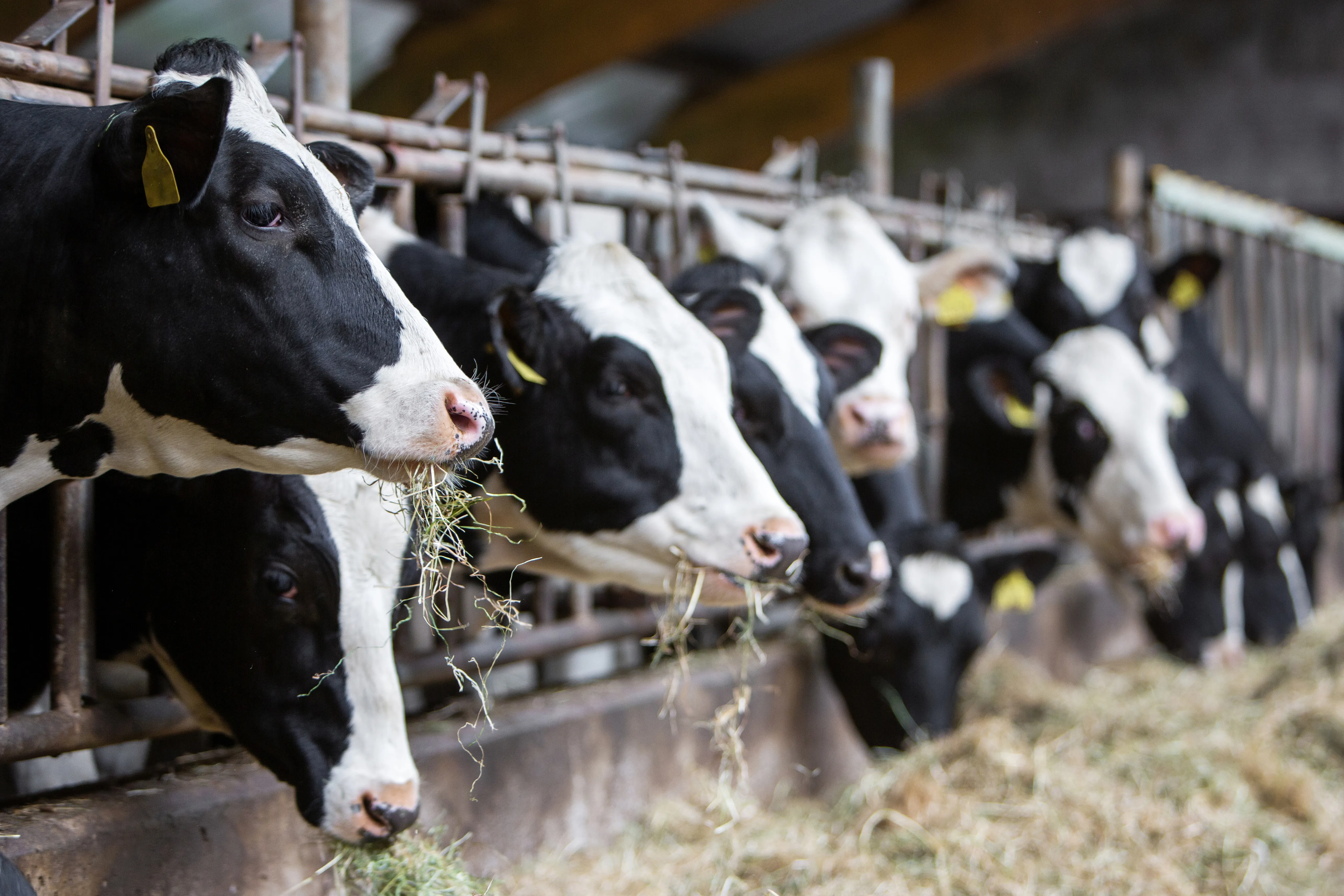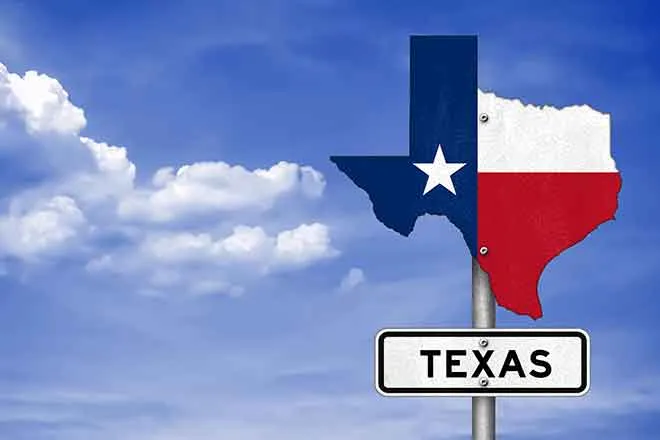
Daily Audio Newscast Afternoon Update - February 21, 2025
© INDU BACHKHETI - iStock-1336427297
News from around the nation.
Senate adopts $340 billion budget blueprint for Trump's agenda after marathon vote; MI keeps EV charging plans on track despite federal cuts; Shore power bill would improve WA air quality, cut emissions; Report: Methane mitigation industry grows in LA, nationwide.
Transcript
The Public News Service Friday afternoon update.
I'm Mike Clifford.
The Republican-controlled Senate, early this morning, adopted a $340 billion budget blueprint designed to boost funding for President Trump's immigration enforcement efforts, energy production, and the military.
That's from NBC News.
They report the mostly party-line vote came just before 5 a.m.
Eastern time, following an all-night voter-rama in which senators cast votes on 33 amendments over the course of a 10-hour span.
The final vote 52 to 48 with only Senator Rand Paul of Kentucky.
The lone Republican to join all 47 Democrats in voting against the budget resolution.
Earlier this month, the Federal Highway Administration stopped new funding for electric vehicle charging stations under the National Electric Vehicle Infrastructure, or NEVVY, program.
Today, some good news from Michigan.
Through the bipartisan infrastructure law, NEVVY allocated $5 billion over five years to all U.S. states, D.C. and Puerto Rico.
Michigan was set to receive $110 million for fast charging stations along key routes.
However, despite these cuts, Chase Atanasio of Clean Fuels Michigan says EV charging ports expansion plans in the state are affected, but not aborted.
The utility companies in Michigan have been and will continue to invest heavily in EV infrastructure deployments and their service territories that support a variety of different use cases.
And there are state programs that will continue to support EV charger deployments across the state.
The federal government will allow existing contracts to proceed with reimbursements until new guidance is issued.
Crystal Blair reporting.
And new legislation would transition more ocean-going container ships to run off electricity instead of diesel while they were docked at Washington ports.
The diesel fumes have created health problems for nearby Puget Sound residents including increased risk of cancer and other serious health effects.
Representative Julia Reed introduced the shore power bill and says both impacted communities and the shipping industry have high incentives to move away from diesel.
We need both of these partners to kind of work together towards a common goal of creating shore power across Washington State in order to get this to work.
But she adds the shipping industry is motivated by the high cost of diesel to find alternative fuels which are already in use in Europe and California.
I'm Isabel Sharley.
Next a new report on growth in the methane mitigation industry shows positive developments for oil and gas companies as well as the environment.
The report commissioned by the Environmental Defense Fund shows the number of mitigation manufacturing and service firms has seen dramatic increases in recent years, creating jobs nationwide.
Isaac Brown is with the Center for Methane Emissions Solutions.
Oil and gas producers of all sides have flexibility.
They can choose the market solution that makes the most sense for their business, that allows them to reduce methane waste, which preserves their product, but they can do so in a way that doesn't present tremendous financial burdens for them as they try to figure out how to comply.
The report ranks Louisiana number six in the nation with 36 mitigation employee locations in the state.
This is Public News Service.
Next to North Carolina where an urban farm is celebrating Black History Month this weekend with a farmer's market and historic group hike.
Urban Community Agronomics or UCAN in Durham is holding its farmer's market at Catawba Trail Farm.
It's also inviting people on a hike through an old plantation where the organization has reclaimed an old farmstead.
Head of UCAN Delphine Sellers says the legacy of agriculture is important for people of color.
We as a descendant are now farming and dealing with agriculture not because we have to, but because we want to and we realize the benefits of it.
The plantation where UCAN is reclaiming farming was one of the biggest in the North Carolina plantation system and at times held more than 1,000 enslaved people.
I'm Eric Tegethoff reporting.
And if Minnesota wants a strong network of up-and-coming farmers, including those who want to farm on healthier land, the state can help them become business savvy.
A Minnesota House measure would increase the budget for an initiative that funds instructors who guide beginning farmers on the financial side of running a farm.
Those who testified in support say unlike previous generations, young adults who grow up in a farming family aren't learning all aspects of the job before deciding to follow in their parents' footsteps.
That was the case for Hannah Bernhardt, who owns Medicine Creek Farm in Pine County.
When I started my farm, I knew how to rotationally graze and to care for livestock, but I'd never even looked at QuickBooks, let alone applied for a business loan.
A scholarship allowed her to train under the Farm Business Management Program, easing concerns about her money decisions.
Program funding would increase by $1.5 million, but it's unclear how far the bill will go.
I'm Mike Moen.
Finally, one researcher at the University of Nevada, Reno, has developed what she calls revolutionary sorghum varieties for daily cow feed and gluten-free human foods.
Associate Professor of Agriculture Melinda Yurka says the western U.S. is facing accelerated rates of climate change and drought, highlighting the need for resilient alternatives.
She adds the traditional crops grown in Nevada, like alfalfa to feed beef cows and corn for dairy cows, are struggling to keep up.
The sorghum varieties Yurka and her team have developed now may allow farmers in the region and globally to be better prepared in the face of a hotter and drier climate.
Sorghum is a very good alternative grain crop for various uses.
Primarily, it's used as an animal feed in the United States, but it also is an alternative crop to replace corn, for example, in dairy silages.
Yurka explains that dairy silage is fermented feed that's curated to feed dairy cows that in turn provides them with the required energy and nutrition to produce milk.
I'm Alex Gonzalez reporting.
This is Mike Clifford for Public News Service, member and listener supported.
Hear us on interesting radio stations, on your favorite podcast platform, find our content and trust indicators at publicnewsservice.org.

















